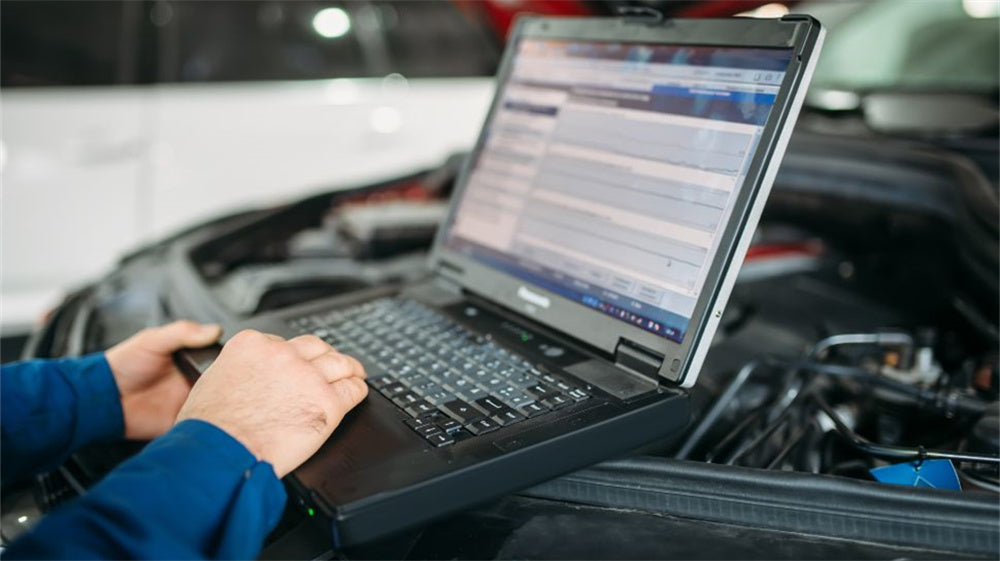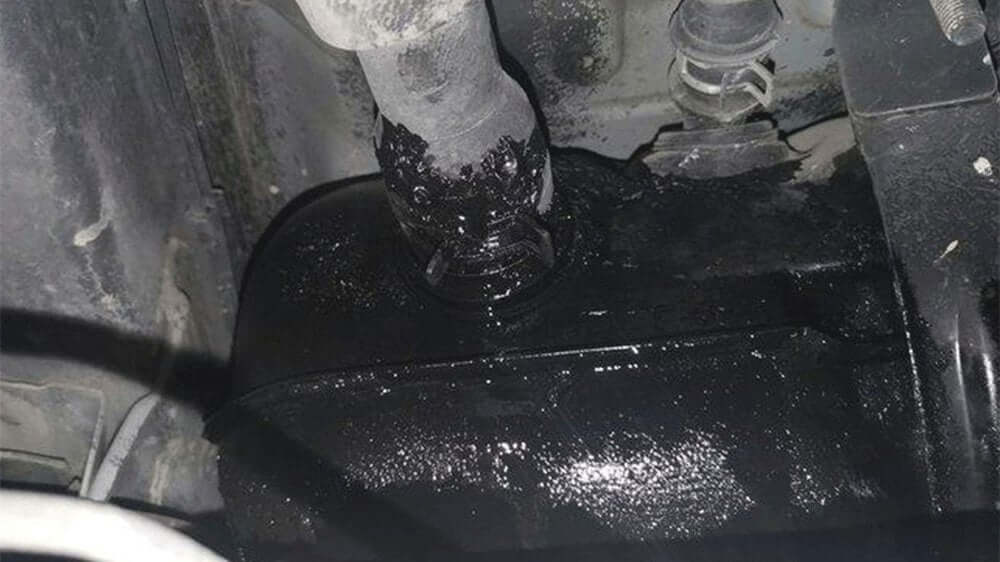
What are the symptoms of a bad powertrain control module (PCM)
Introduction
Modern vehicles are complex machines that rely heavily on integrated electronic systems to function efficiently. Among these is the Powertrain Control Module (PCM), an essential component that controls both the engine and the transmission. As the vehicle's brain, the PCM is responsible for ensuring that these vital systems work in harmony, optimizing performance, fuel efficiency, and emissions control. A malfunctioning PCM can cause a range of issues, from minor irritations to critical failures that affect drivability and safety.

What is a Powertrain Control Module?
The Powertrain Control Module is an onboard computer tasked with regulating various engine and transmission functions. It collects data from an array of sensors within the vehicle and uses this information to make real-time adjustments. These adjustments can affect everything from fuel injection timing to gear shifting. In essence, the PCM serves as the central hub that keeps your vehicle running smoothly by processing information and coordinating responses to keep mechanical components within optimal parameters.
Where is powertrain control module located
It is typically a sealed electronic unit located in the engine bay, built to withstand harsh conditions, though even its robust design is not immune to failure.
What does the powertrain control module do
The PCM plays a pivotal role in synchronizing the engine and transmission, ensuring both components operate efficiently. By monitoring critical systems like the fuel delivery, ignition timing, and air-to-fuel ratio, the PCM fine-tunes these operations to maximize fuel efficiency and minimize harmful emissions. For the transmission, the PCM controls gear shifting based on driving conditions, throttle position, and engine speed, ensuring smooth transitions and preventing excessive wear. Essentially, it allows for a seamless driving experience, balancing power output and fuel efficiency while also ensuring compliance with emission standards.Without a functioning PCM, both the engine and transmission would struggle to communicate, leading to a host of issues.

Causes of bad PCM
Like any electronic component, the PCM is susceptible to various issues that can lead to malfunction. Understanding these causes is key to preventing or identifying failure before it causes significant damage.
1.Electrical Surges and Circuitry Damage
One of the most common causes of PCM failure is electrical surges. These surges can result from a faulty alternator, battery issues, or even jump-starting the vehicle incorrectly. The PCM's delicate circuitry can be irreparably damaged by such fluctuations, rendering it unable to process the necessary data for optimal engine and transmission performance.
2.Corrosion from Environmental Exposure
Although the PCM is housed in a protective casing, it can still be affected by moisture and corrosive elements. Water damage or exposure to extreme temperatures can cause corrosion of the electronic connectors and internal components, leading to short circuits or intermittent functionality. This is especially prevalent in older vehicles where seals and gaskets may no longer be intact.
3.Software Corruption and Firmware Malfunctions
Another potential cause of PCM failure is software corruption. Firmware updates are sometimes required to keep the PCM functioning with the latest vehicle specifications. However, incorrect or failed updates can corrupt the system, causing malfunctions or even complete failure. In some cases, external factors like electromagnetic interference can also lead to software corruption.
4.Physical Impact and External Damage
Accidents or even minor physical impacts can dislodge or damage the PCM. Since the unit is located near the engine bay, it’s vulnerable to vibrations and external shocks. Whether it’s from a collision or improperly performed repairs, physical damage can crack the circuit board or loosen the connectors, leading to operational failure.

What are the symptoms of a bad powertrain control module
A bad PCM doesn't usually fail all at once; it often provides clues before completely malfunctioning. Being aware of these symptoms can help prevent severe damage and costly repairs.
1.Check Engine Light: The First Warning Sign
The check engine light is often the first indication that something is wrong with the PCM. While this warning light can signal a variety of issues, persistent illumination without a clear reason may point to PCM failure. If the light remains on after diagnostic checks reveal no other faults, it’s time to investigate the PCM.
2.Poor Engine Performance: Misfires, Stalling, and Hesitation
One of the more obvious signs of a failing PCM is a noticeable decline in engine performance. Misfires, stalling, or hesitation when accelerating can all be linked to PCM problems. The module’s inability to accurately process data from the engine’s sensors may result in improper fuel delivery or ignition timing, causing the engine to struggle during normal operation.
3.Transmission Troubles: Harsh Shifts, Slipping, and Erratic Behavior
Transmission issues such as hard or delayed shifts, gear slipping, or failure to engage gears properly can also point to a faulty PCM. Since the PCM regulates transmission behavior, malfunctions in this module often lead to erratic shifting or complete transmission failure. Ignoring these symptoms could lead to irreparable transmission damage.
4.Declining Fuel Efficiency: Unusually High Fuel Consumption
If you notice a significant decrease in fuel efficiency without a clear cause, a faulty PCM may be to blame. When the PCM fails, it may not optimize the fuel-to-air ratio correctly, causing the engine to burn more fuel than necessary. This not only impacts performance but can also lead to higher emissions.
5.Ignition and Starting Issues: Trouble Getting the Engine to Start or Stay Running
A malfunctioning PCM can prevent the vehicle from starting altogether. In some cases, the engine may crank but not fire up, or it may start and then immediately stall. These starting issues occur because the PCM isn’t regulating the fuel injection or ignition system properly.
6.Multiple Warning Lights and Sensor Failures: What They Indicate
When several warning lights illuminate simultaneously—such as the ABS, traction control, and check engine light—it’s often a sign of a failing PCM. Since the PCM communicates with multiple systems, a malfunction can cause sensor failures across the vehicle, triggering warning lights that don’t correspond to any specific mechanical issue.

How to fix a bad pcm
Addressing a failing PCM requires careful consideration, as both repair and replacement can be costly. However, prompt action is necessary to avoid further damage.
Temporary Fixes: Can Resetting the PCM Help?
In some cases, resetting the PCM by disconnecting the battery or using a specialized tool may temporarily solve the issue. However, this is often a stopgap measure and won’t fix underlying problems. A reset might clear trouble codes, but it won’t repair damaged circuitry or software corruption.
PCM Repair vs. PCM Replacement: Understanding Your Options
Depending on the extent of the damage, a PCM can sometimes be repaired by a professional. This involves replacing damaged components or re-flashing the software. However, in cases of severe damage, replacement is often the only option. Replacing a PCM can be costly, but it is usually more reliable than attempting extensive repairs on an already compromised unit.















































































